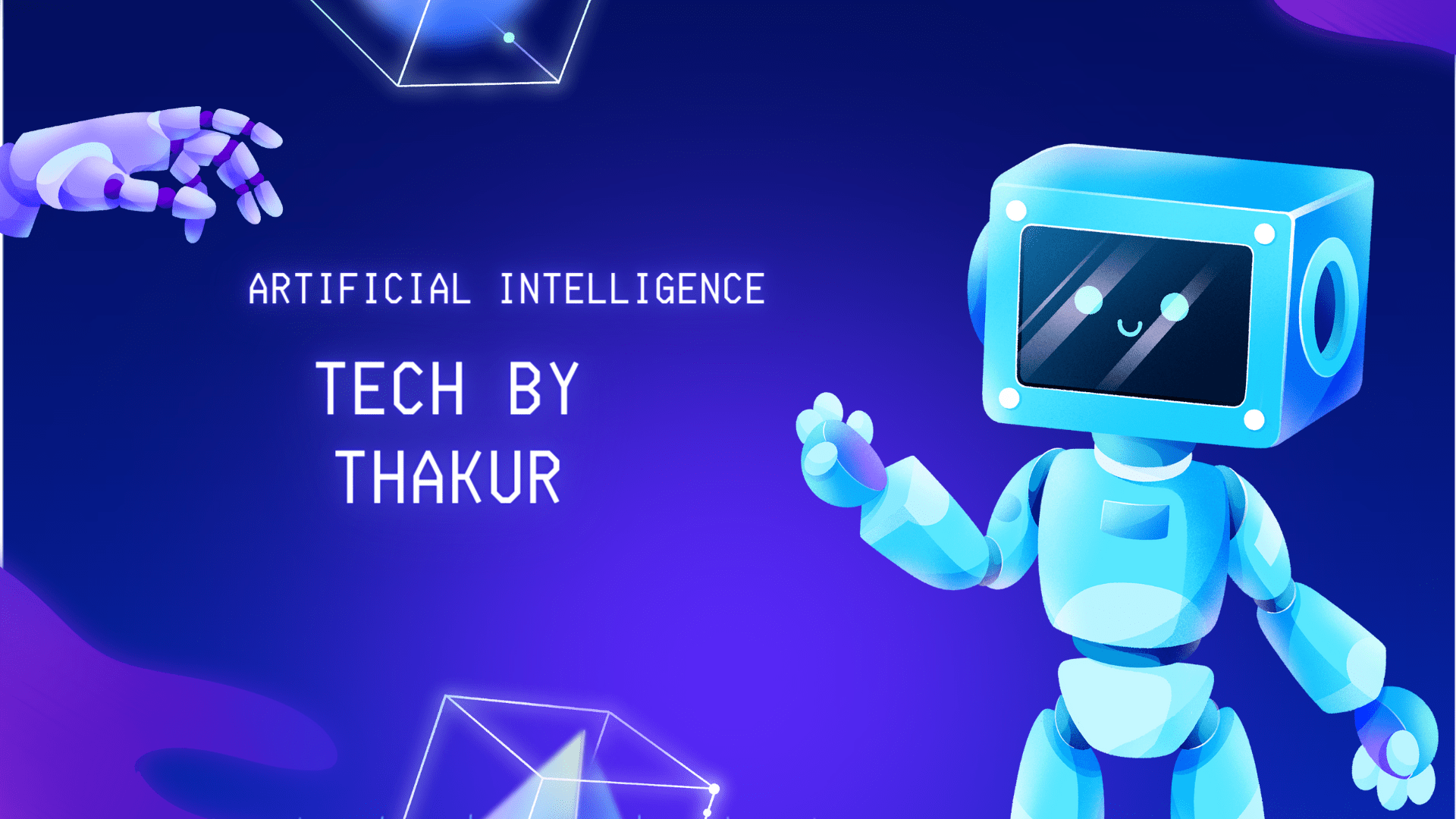Introduction:
Artificial Intelligence (AI) is no longer a futuristic concept confined to sci-fi novels and movies; it has seamlessly integrated into our daily lives, shaping the way we work, communicate, and even make decisions. In this blog post, we explore how AI is affecting the lives of normal people, ushering in a new era of convenience, efficiency, and, at times, challenges.
- Personalized Experiences: One of the most noticeable ways AI impacts our lives is through personalized experiences. From online shopping recommendations to curated content on streaming platforms, AI algorithms analyze user behavior and preferences to tailor services, providing a more enjoyable and efficient experience.
- Virtual Assistants and Smart Devices: The rise of virtual assistants like Siri, Alexa, and Google Assistant has transformed how we interact with technology. These AI-driven assistants help with tasks ranging from setting reminders and answering queries to controlling smart home devices. The integration of AI into smart devices enhances convenience, making our daily routines more streamlined and efficient.
- Healthcare Innovations: AI is making significant strides in the healthcare sector, offering improved diagnostics, personalized treatment plans, and efficient management of patient records. Machine learning algorithms can analyze vast amounts of medical data, aiding in early detection of diseases and enhancing the overall quality of healthcare.
- Education and Learning: The educational landscape has been reshaped by AI, with adaptive learning platforms providing personalized learning experiences. AI algorithms analyze a student’s performance and tailor educational content to address their specific needs. This individualized approach enhances comprehension and engagement.
- Workplace Transformation: AI is automating repetitive tasks in various industries, allowing employees to focus on more complex and creative aspects of their jobs. While this increases efficiency, it also raises questions about the future of certain job roles and the need for upskilling in response to evolving workplace requirements.
- AI in Entertainment: The entertainment industry is leveraging AI for content creation, recommendation algorithms, and even virtual influencers. Streaming services use AI to analyze viewing patterns and suggest content, while AI-generated music and art are becoming increasingly prevalent.
- Privacy Concerns: With the increasing integration of AI into our lives, concerns about privacy and data security have become more pronounced. AI systems often rely on vast amounts of data to function effectively, raising questions about how personal information is handled and protected.
Conclusion:
As Artificial Intelligence continues to evolve, its impact on the lives of normal people is undeniable. From enhancing personalized experiences to revolutionizing healthcare and education, AI is driving significant changes. However, as we embrace the benefits, it’s crucial to address the ethical considerations and potential challenges associated with the widespread adoption of AI. Striking a balance between technological advancement and safeguarding individual privacy will be key as we navigate this new era influenced by the transformative power of Artificial Intelligence.
